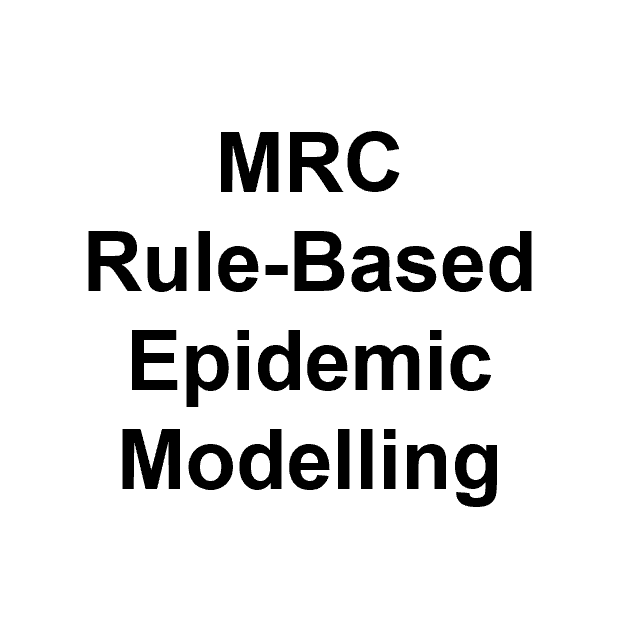Rule-based epidemic models

Pioneering computational modelling and simulation tools for epidemic modelling
Health & Wellbeing Artificial IntelligenceProject Vision
The Rule-based epidemic modelling project aims to provide the tools to take a systems view of infectious disease modelling. By taking a systems view, we need not restrict ourselves to modelling only pathogen transmission and disease progression and treating everything else exogenously. We can, for example, begin to understand not only how behaviour influences epidemics but how epidemics influence behaviour. We can analyse healthcare failure modes where resources are scarce. We can study how the detailed immune dynamics within a host give rise to heterogeneity observed at the population level. We can model economic activity and better understand the trade-offs entailed by non-pharmaceutical interventions.
Project Objectives
To enable this broadening of scope of infectious disease modelling, we build on our previous work at the intersection of theoretical computer science and molecular biology. Using a process calculus for stochastic graph rewriting allows us to formulate models with great flexibility without sacrificing desireable properties of modularity and compositionality. It turns out that this approach is very effective and helps to understand how complex population level effects can arise from simple underlying rules.
The project will improve the usability of these tools and further encourage their adoption in the infectious disease modelling community through motivated case studies, workshops, and educational materials.
IT Innovation's Role

THe project is led by Dr William Waites, a Principal Research Engineer at the IT Innovation Centre
Project Fact Sheet
The Rule-based epidemic models project is a 36 month project funded by the Medical Research Council.